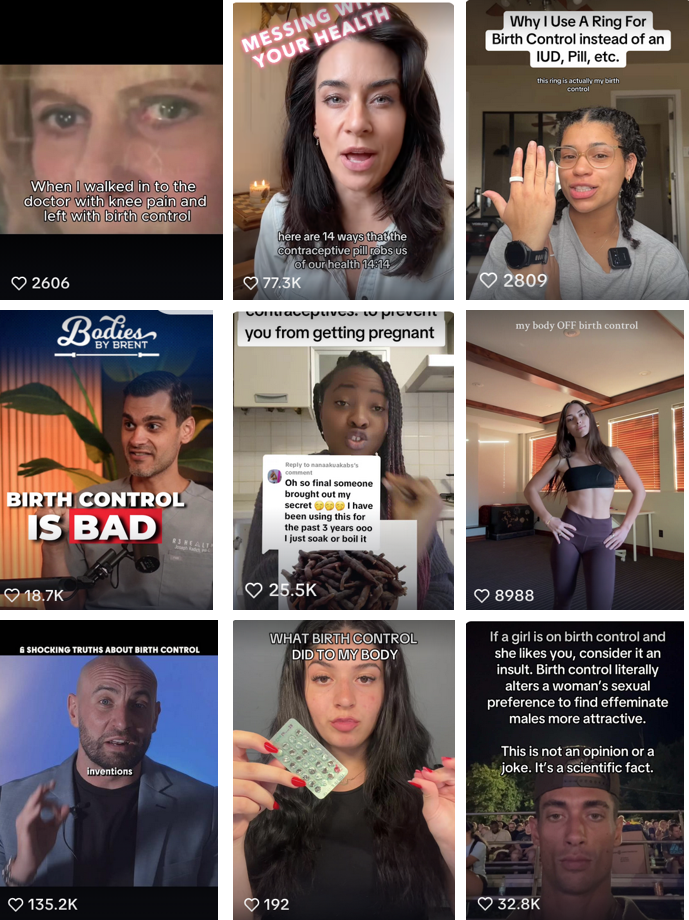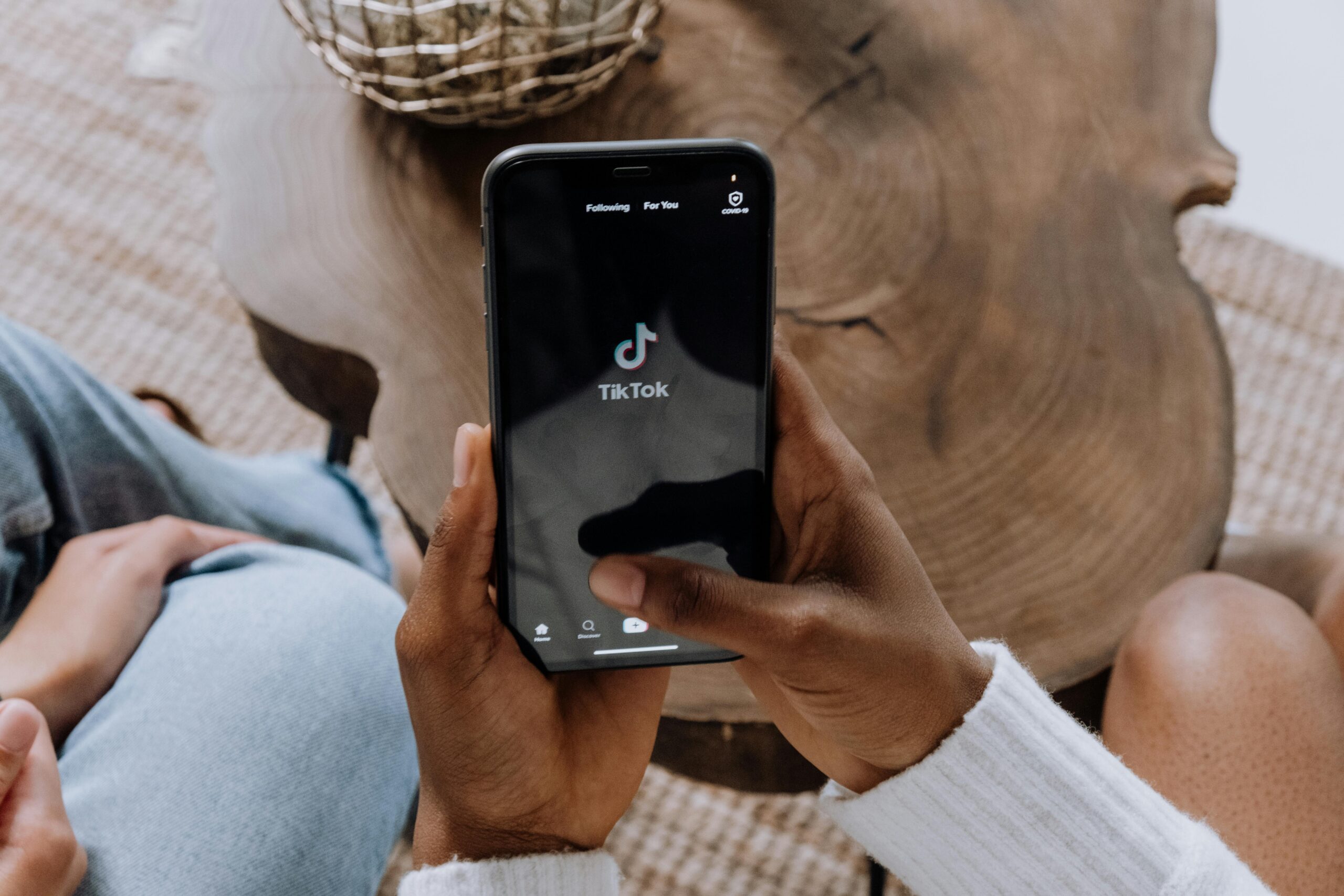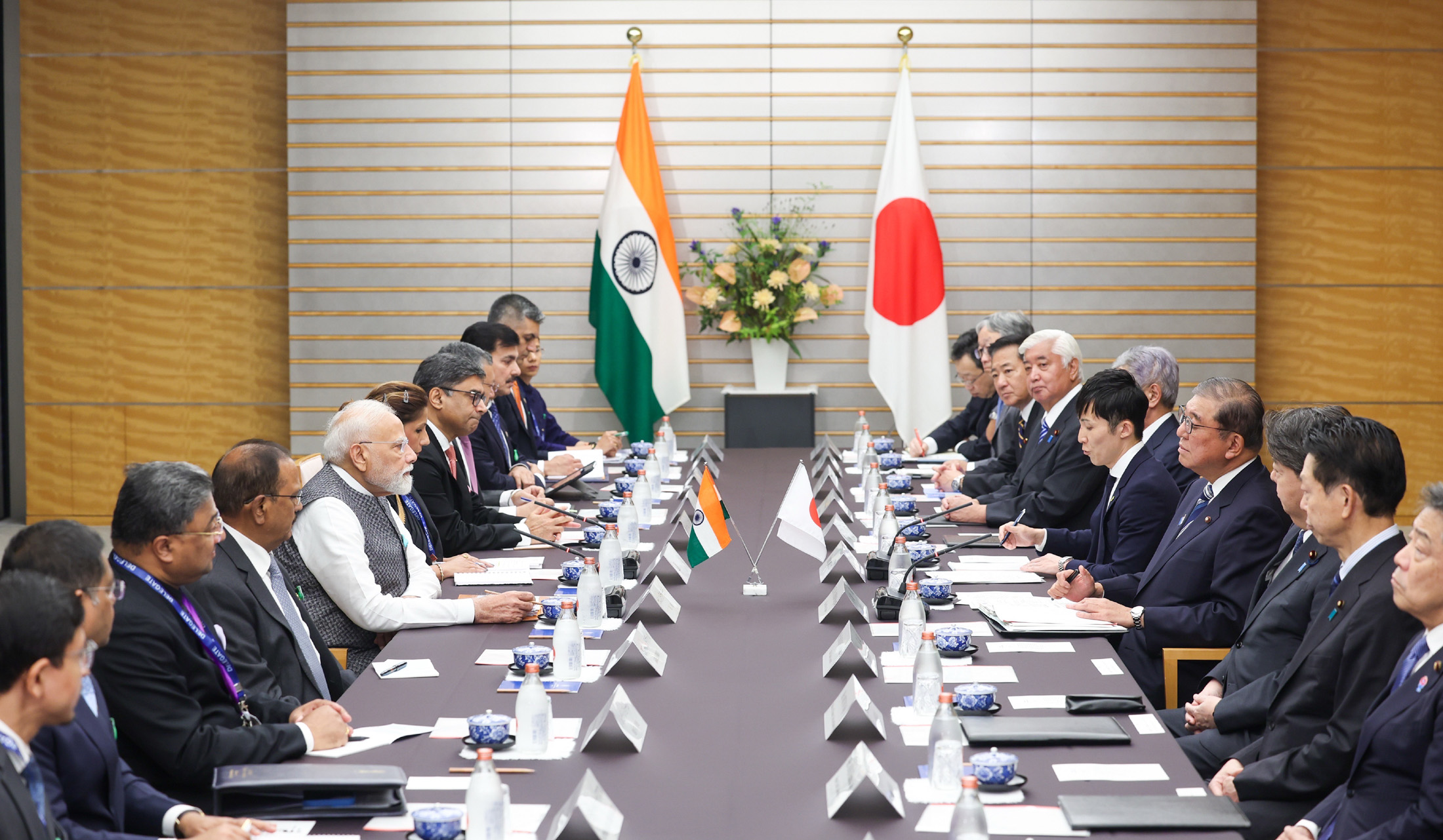With over 4.85 billion views, TikTok videos about contraception are shaping how young people around the world understand and make decisions about their reproductive health. Yet, beneath the platform’s glossy surface lies a troubling trend: a flood of misinformation that favours “natural” contraceptive methods while undermining trust in medical professionals. In our recent study of TikTok’s most popular contraception-related content we found that only 10% of the analysed videos were created by qualified health professionals. The majority promoted unreliable or misleading information. This analysis forms part of a broader La Trobe University research project on popular contraceptive content across TikTok.
The spread of contraceptive misinformation on TikTok is not confined to national borders. Most of the content consumed by Australian users originates from the United States, where reproductive health has become deeply politicised. American cultural narratives, often shaped by ideological battles over abortion, contraception, and gender roles, are being exported via social media and absorbed into Australian discourse. TikTok’s algorithm makes it difficult to trace or regulate this flow of information. As a result, Australia is grappling with imported disinformation that contradicts national clinical guidelines and undermines public health messaging, which as mentioned previously, not only risks poorer health outcomes but also erodes trust in healthcare providers and institutions. The consequences are real: increased confusion, reduced uptake of effective contraceptive methods, and a growing divide between medical expertise and public perception.
Understanding why such misinformation resonates requires looking at how platforms have become health-information sources for many young people. Social media now provides instant access to answers about medications, procedures, side-effects and more. For many, particularly those living far from health services, facing financial barriers, or seeking information on stigmatised topics, these digital spaces provide a valuable alternative from traditional healthcare settings. When accurate and relatable, social media can strengthen health literacy and empower young adults to make informed contraceptive decisions. But our research reveals a darker reality: most contraceptive content on TikTok lacks reliability and quality. The absence of regulation means that ideologically driven narratives, often shared by unqualified influencers, are amplified by algorithms that reward engagement over accuracy.
Hormonal contraception has become a focal point in this wave of misinformation. Influencers question its safety, promote unreliable “natural” alternatives, and offer personal anecdotes that, while emotionally compelling, are rarely backed by scientific evidence. These posts often frame hormonal methods as harmful or unnatural, tapping into broader cultural anxieties about synthetic substances and medical authority. The result is a growing distrust in clinically proven methods, with users increasingly relying on unverified advice that may increase the risk of unsafe contraceptive choices, potentially leading to unplanned pregnancies and other preventable health outcomes.
Some misinformation examples are particularly concerning. For example, fertility tracking apps are promoted without acknowledging the complexities of consistent use, biological variability, and the need for partner cooperation. Other posts suggest unproven methods like papaya seeds, coconut oil, or neem oil as natural spermicides, none of which are endorsed by medical research. Myths are also widespread, including claims that hormonal contraception alters romantic attraction or increases divorce rates after discontinuation.

In reality, hormonal contraception is one of the most extensively researched medications. Most women can use it safely, and side effects, such as headaches, nausea, mood changes, weight fluctuations, and acne, are typically mild and temporary. Yet, individual negative experiences shared online often amplify concerns, overshadowing the fact that serious risks are extremely rare.
So why do so many women place more trust in social media messages than in their doctors? The growing scepticism toward hormonal contraception is closely tied to the rise of the wellness industry, which promotes a distrust of anything synthetic. This cultural shift has made some women wary of medical professionals who prioritise safety and efficacy but may overlook shared decision-making or dismiss concerns about side effects. Social media, by contrast, fosters a sense of community that legitimises personal narratives and encourages users to question expert authority and reclaim agency over their contraceptive choices. In this environment, influencers often appear more relatable and trustworthy than medical practitioners. This dynamic is fostering a growing reliance on anecdotal advice at the expense of evidence-based care and is reshaping the patient-provider relationship. Increasingly, healthcare providers are seen merely as gatekeepers to prescriptions, which carries significant implications for public health.
To address this growing challenge, Australia must invest in proactive strategies that combine public health expertise with digital literacy and greater accountability from social media platforms. A key approach involves supporting Australian health professionals to engage more actively on platforms like TikTok, where their presence can help counter misleading narratives with credible and relatable content. At the same time, healthcare providers need to recognise that many young adults now turn to social media for guidance. This reality should inform clinical practice during contraceptive counselling by addressing any misinformation or biases patients may have encountered, particularly those related to hormonal methods. In parallel, there is a pressing need for research that explores how global health misinformation, especially around reproductive health, is affecting local audiences. Australia should also encourage initiatives aimed at increasing transparency in algorithm design and enhancing content moderation practices for health-related information on social media platforms.
Reproductive health is increasingly becoming a frontline issue in the broader struggle against digital misinformation. If left unaddressed, algorithms and influencers may continue to shape public understanding more than qualified experts. In a digital era where misinformation transcends borders, Australia must act to ensure its public health messaging remains evidence-based, trustworthy, and responsive.
Caroline de Moel-Mandel is a lecturer in the Department of Public Health at La Trobe University, Melbourne. Her research focuses on equity in access to healthcare services, particularly sexual and reproductive health, and the systems shaping service delivery. She previously worked as a general practitioner in the Netherlands.
Megan Bugden is a lecturer in the Department of Public Health at La Trobe University, Melbourne. Megan’s research knowledge and experience focus on unequal power structures relating to gender, women’s sexual and reproductive health, and gender inequality in Australian parenting.
This article is published under a Creative Commons License and may be republished with attribution.





